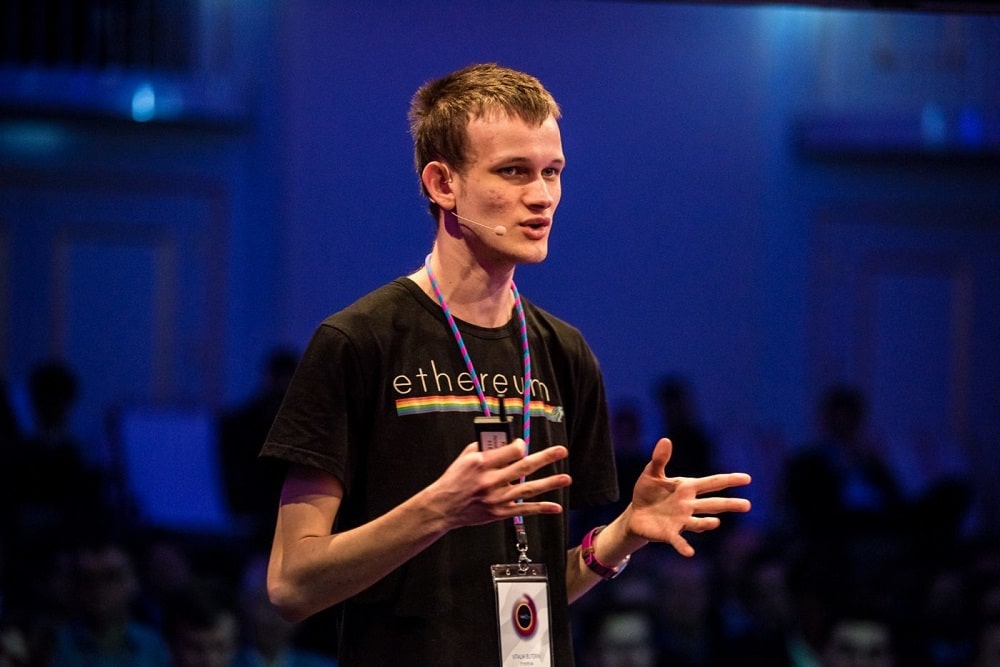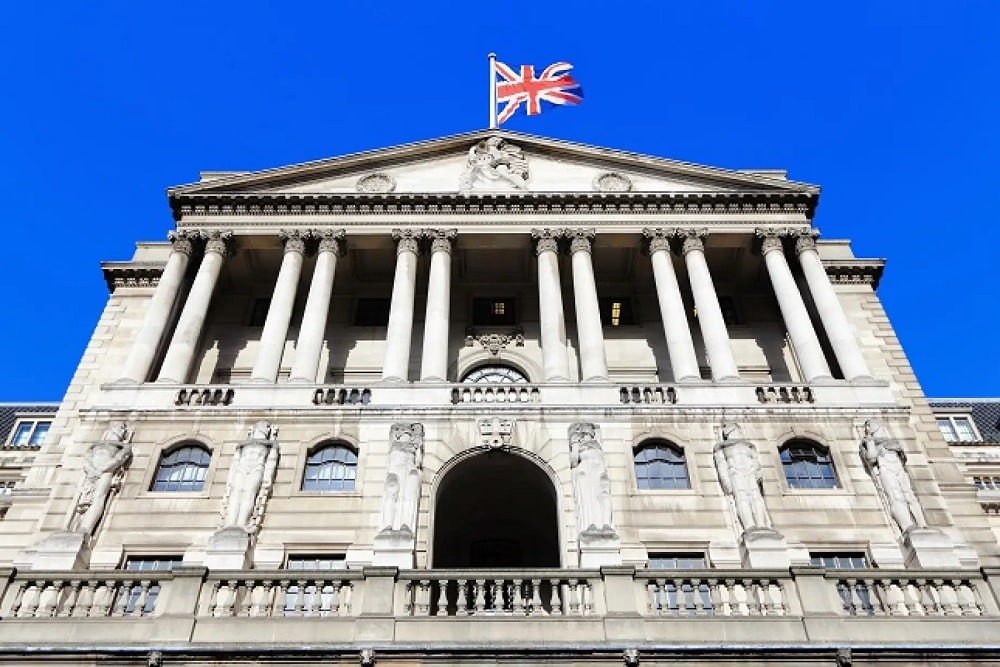The U.S. Justice Department has firmly opposed a request by former Ethereum developer Virgil Griffith to have his sentence reduced.
Griffith, sentenced in April 2022 to 63 months in prison and fined $100,000 for violating North Korea sanctions, is now seeking a reduction that could potentially lower his sentence to 51 months.
Participation in North Korean Conference
His legal representatives argue this adjustment should reflect revisions to U.S. sentencing guidelines post-conviction.
U.S. Attorney Damian Williams, in a June 17 filing with the U.S. District Court for the Southern District of New York, contended that Griffith’s past actions and recent prison conduct do not warrant such leniency.
Griffith’s case traces back to his 2019 participation in a cryptocurrency and blockchain conference in Pyongyang, North Korea, where he made multiple presentations.
These talks reportedly aimed to instruct North Korean attendees on how cryptocurrency and blockchain technology could be used to circumvent U.S. and United Nations sanctions, including for purposes such as money laundering.
Williams emphasized that Griffith had engaged in these activities fully aware of North Korea’s human rights abuses and its nuclear threats against the United States.

Prosecutors also highlighted Griffith’s behavior during his incarceration at the Federal Correctional Institution in Milan, Michigan, where he has faced disciplinary actions for several minor offenses, including attempts to steal soap and tea.
These infractions, according to prosecutors, signify a continued disregard for governmental rules and do not support a case for sentence reduction.
During his sentencing in April 2022, Griffith expressed that he had overcome his “obsession with North Korea,” influenced by the global response to Russian sanctions following its invasion of Ukraine.
However, Judge Kevin Castel noted Griffith’s lack of ideology, suggesting his readiness to exploit situations for personal gain, regardless of the sides involved.
Despite his prison sentence, Griffith faces additional sanctions from the U.S. Department of Commerce, which has banned him from engaging in any transactions involving U.S. exports, including commodities, software, and technology, until 2032.
This 10-year export privilege ban underscores the serious repercussions of Griffith’s actions.
Legal Team’s Response
Griffith’s legal team has two weeks to respond to the government’s recent filing opposing the sentence reduction.
The outcome of this legal challenge will determine if Griffith’s prison term will be shortened, potentially allowing for his release as early as January 2025, rather than the original January 2026 release date.
Meanwhile, the broader implications of his actions continue to resonate, highlighting the tensions between national security concerns and the burgeoning field of cryptocurrency.
Prosecutors added that Bureau of Prisons authorities had disciplined Griffith “on several occasions” during his stay at the Federal Correctional Institution, Milan in Michigan.
They cited reports from prison officials claiming that the former Ethereum developer “attempted to steal soap and tea” and committed other minor infractions while behind bars.
They argue that Griffith’s recent conduct does not demonstrate any basis for additional leniency. At the very least, these incidents do not suggest a newfound respect for government rules and regulations.
In April, Griffith’s legal team requested that the court revise his 63-month sentence based on revisions to U.S. sentencing guidelines after his conviction.
Under the new guidelines, a court could consider reducing the recommended sentence range for Griffith’s conviction from 63 to 78 months’ imprisonment to 51 to 63 months — potentially cutting his time in prison by up to a year, making him eligible for release in January 2025.
Court Hearing and Future Ban
During his sentencing hearing in April 2022, Griffith said he had been “cured” of his “obsession with North Korea,” given the example set by sanctions on Russia in response to the country’s attack on Ukraine.
Judge Kevin Castel said at the time that Griffith had no ideology and would likely “play off both sides, as long as he is at the center.”
Griffith’s legal team is expected to file a response to the U.S. government’s letter within 14 days.
Regardless of the outcome of the criminal case, the U.S. Department of Commerce has already imposed a 10-year export privilege ban on Griffith, restricting him from engaging in any transactions involving commodities, software, or technology under U.S. export regulations until 2032.
- Crypto Price Update July 24: BTC Maintains $66K, ETH at $3.4K, XRP, TON, and ADA Rallies
- Bitcoin Falls to $65K as Mt. Gox Transfers $2.8 Billion BTC to External Wallet
- News of Marathon Digital’s $138 Million Fine for Breach of Non-Disclosure Agreement Triggers a Bearish 2.5% of Its MARA Stock
- Are $530M Bitcoin ETF Inflows a Blessing or Caution?
- Metaplanet Teams with Hoseki for Real-Time Bitcoin Holdings Verification
- Building Secure Blockchain Systems: An Exclusive Interview with ARPA and Bella Protocol CEO Felix Xu
- Building The “De-Facto Crypto Trading Terminal”: An Exclusive Interview with Aurox CEO Giorgi Khazaradze
- Building a New Global Financial System: An Exclusive Interview With Tyler Wallace, Analytics Head at TrustToken
- “Solana is the Promised Land for Blockchain” — An Exclusive Interview with Solend Founder Rooter
- El Salvador: Where The Bitcoin Revolution Begins With A Legal Tender

 Why Trust Us
Why Trust Us







